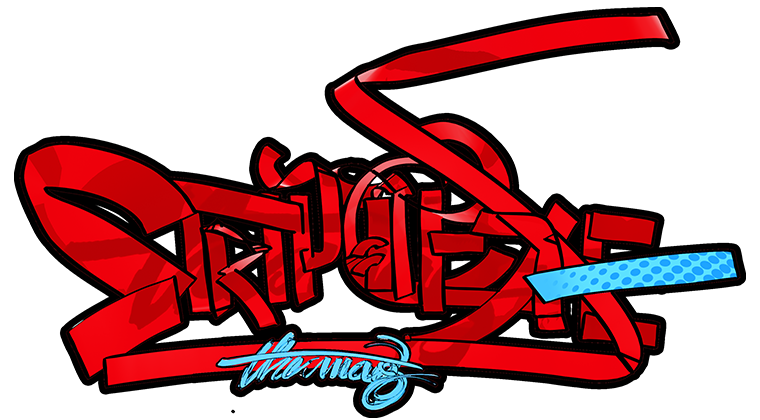Dilbert – The Irony of Satire
Perhaps the most emailed strip in the entire world, given it’s setting of a corporate environment with the satire aimed squarely at the management and bureaucracy of the workplace, Scott Adams’ Dilbert, an over-the-top depiction of an engineer in a corporate environment hit a little too close to home for far too many white-collar workers leading to the kind of popularity Dilbert enjoys.
Dilbert portrays a malicious and idiotic management and how they (negatively) affect Dilbert’s life. On the other hand, there’s Dilbert’s dog, Dogbert who routinely outsmarts and scams Dilbert’s upper management. Adams ridicules the tragic reality of questionable business ethics, gullible customers (or the general public, in this case), inept management, corporate formalities and the outsourcing industry.
However, while Scott Adams was originally considered a champion of the white-collar workers, his work has been twisted to serve the purposes of those he mocks. Normal Solomon, a media analyst has cited Xerox’s upper management’s recognition of the fact that Dilbert, the strip, is, in fact, the catalyst which makes the dysfunctional corporate culture tolerable. Some part of the rationale behind this adoption has to do with the over-the-top satire. The fact that actual corporate culture is not nearly as bad as Adams depicts. His exact words were:
“Xerox management had recognized what more gullible Dilbert readers did not: Dilbert is an offbeat sugary substance that helps the corporate medicine go down. The Dilbert phenomenon accepts—and perversely eggs on—many negative aspects of corporate existence as unchangeable facets of human nature…As Xerox managers grasped, Dilbert speaks to some very real work experiences while simultaneously eroding inclinations to fight for better working conditions.”
Adams responded to this criticism by publishing the criticism verbatim, implying that no rebuttal was necessary. But the truth of the matter is that corporations are indeed using Dilbert to serve their own ends.
In 1997, Tom Vanderbilt quipped along similar lines: “Labor unions haven’t adopted Dilbert characters as insignia. But corporations in droves have rushed to link themselves with Dilbert. Why? Dilbert mirrors the mass media’s crocodile tears for working people—and echoes the ambient noises from Wall Street.”
It is quite saddening to see satire being used to aid those who were being ridiculed but perhaps we can take solace in the fact that Adams poked fun at the ability of management to take the worst of situations and make them look good!


